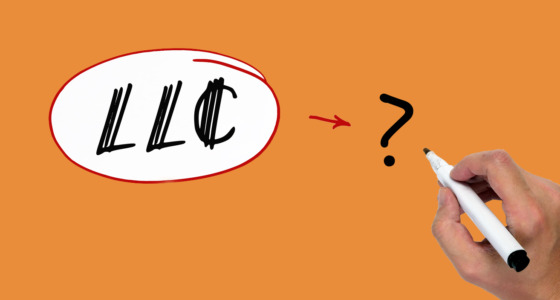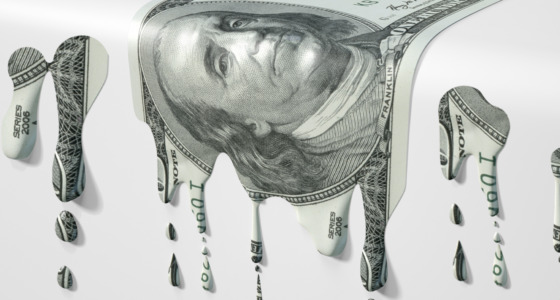

‘The Central Bank increased interest rates!! Measures against inflation from the central bank!! The central bank tightened monetary policy!!‘
Do you read news like this often? Next questions immediately come to citizens’ minds: Will inflation decrease after this news? Is it the right time to get a mortgage? And etc.
All over the world, the Central Bank is basically responsible for regulating monetary, exchange rate policies and ensuring the circulation of banknotes. Central banks, which are different from other commercial banks, closely affect the daily life of each individual with their activities.
Today, many central banks are tasked with ensuring price stability, but they may also be responsible for the exchange rate regime, management of foreign exchange and gold reserves, payment systems, and supervision of the financial system and stability. In addition, in some countries, central banks are also responsible for the supervision and control of banks.
What are the tasks and powers of the Central Bank?
Price Stability: To keep inflation under control, to ensure financial stability, and to take regulatory measures in money and foreign exchange markets.
Paper Money Printing, Money supply: Supplying money to the market / providing liquidity on behalf of the state,
Foreign Exchange Regime: To determine and implement the exchange rate
Gold and Foreign Exchange Reserves: To store and manage gold and foreign exchange reserves.
Payment Systems: To ensure that payment systems operate safely and smoothly.
The interesting question on everyone’s mind is, why doesn’t the central bank constantly print money and pay off all debts?
Answer is simple: They can print as much money as they want, though there are consequences for doing so. Merely printing more money doesn’t affect the economic output or production levels, so the money itself becomes less valuable. Since this can cause inflation, simply printing more money isn’t the first choice of central banks.
Monetary Policy Committee
The government, central bank or monetary authority directs the economy through the use of money supply management or foreign exchange market operations. Monetary policy is often referred to as “expansionary” or “contractionary” monetary policy.
Expansionary monetary policy means increasing the total money supply in the economy. Contractionary monetary policy means reducing the total money supply in the economy.
Expansionary monetary policy is generally used for unemployment; Contractionary monetary policy is implemented to reduce the inflation rate. Short-term interest rates are generally used when guiding monetary policy. Short-term interest rate is the interest rate used by central banks in their transactions with financial institutions. A change in the interest rate affects the interest rates, asset prices, exchange rates and expectations that banks and other financial institutions set for their customers. Thus, it has an impact on the course of the economy, that is, on the general level of economic activity and prices.
Some information about the American central bank, which directs the markets.
FED (Federal Reserve System) is the central bank of the United States, established on December 23, 1913. Over time, the roles and responsibilities of the Federal Reserve System have expanded and changes have occurred in its structure. Its headquarters is in Washington. The Bank retains the authority to distribute American dollars printed by the Bureau of Engraving and Printing upon its instructions.
There are 12 Federal Reserve Banks in the USA:
Boston, New York, Philadelphia, Cleveland, Richmond, Atlanta, Chicago, St. Louis, Minneapolis, Kansas City, Dallas, San Francisco
The Three Key Federal Reserve Entities
The Federal Reserve Board of Governors, the Federal Reserve Banks (Reserve Banks), and the Federal Open Market Committee (FOMC).







